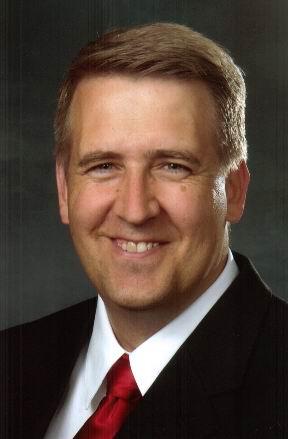Unitus Fund Profile by Microcapital Institute
Microcaptial Institute calls itself as the premier source of information and research on investment opportunities in commercial microfinance. You can sign up for a free newsletter as well. They did the following profile on Unitus:
Fund Profile
Unitus: Venture Capital for Microfinance
Entrepreneurs in California’s Silicon Valley and places like Redmond, Washington, recognize the important role of venture capital in getting significant enterprises off to a good start. Now some of those entrepreneurs are applying the same principles to microfinance.
While not a for-profit business, Redmond-based Unitus believes strongly that commercial thinking is crucial to make microfinance institutions (MFIs) a success. It wants to act as a venture capital firm for promising lower-tier MFIs – providing funds and expertise to help them grow and fulfill their missions.
Unitus was founded and is partly funded by Mike Murray, a former executive at Apple and Microsoft. Murray is the organization’s chairman, and its CEO is Geoff Davis, who previously formed a microfinance institution in Mexico and was the first employee of Grameen Foundation USA.
The non-profit currently has partnerships with MFIs in Mexico, India and Kenya, and expects to announce several more in the coming months. Operating expenses and the initial partnerships are funded by large donors, many of whom made money in technology. But in January, Unitus plans to launch a commercial debt-only microfinance investment fund that will be open to accredited individuals and institutions. An equity fund is expected to follow.
Unitus (pronounced as the combination of ‘unite’ and ‘us’) calls itself a “global microfinance accelerator.” The strategy, says Davis, is to partner with smaller MFIs with good growth potential in a promising market, and provide both funding and consulting to help them grow. Strong growth not only allows the partner MFIs to reach more clients, it also helps them become self-sufficient and makes them attractive for further commercial funding.
Unitus believes that for microfinance to do what it is capable of doing, hundreds of MFIs will have to grow to the point where they are serving a client base of more than 100,000 people each. They note that most of the world’s NGO-based MFIs start small and stay small, serving fewer than 2,500 poor borrowers.
Part of what makes Unitus different from many commercial microfinance funds or bank lenders in the sector is the target market. Rather than reaching out to the top 100 or so largest MFIs that are already rated by outside agencies and have commercial or quasi-commercial track records, Davis says the Unitus plan is to “go down-market and help bring them up to the major leagues.”
“We have a combination of tools we use to help the (MFI) partners accelerate” their growth, Davis says, including grants for “capacity building,” equity investments, loan guarantees and lines of credit. And, he adds, “It’s a partnership, not just an investment … we become very involved.”
“Our fundamental mission is for microfinance to reach its potential, and for that we need to move away from the donor and government perspective to a commercial perspective,” Davis says.
Davis says he learned two major lessons running an MFI in partnership with a non-profit in Mexico. First, “It really worked, it had a powerful impact on lives.” And second, small local entrepreneurs “are incredibly smart about what they are doing in terms of market, product and other business principles.”
“This doesn’t need to be a paternalistic approach,” he says of microfinance. “This is just an opportunity.”
So far, Unitus has major investments of both money and expertise in Pro Mujer Mexico, SKS in India and Jamii Bora in Kenya. It provides funding in a combination of grants, equity investments, loans and credit lines. The monetary commitment to SKS, as an example, amounts to nearly $4.7 million.
The microfinance accelerator model seems to be working. SKS has reported more than 200 percent growth in clients served in 2004. Unitus says its first three MFI partners currently serve 160,000 borrowers.
A crucial question for any venture capital investor is the exit strategy – and Unitus has some interesting ideas there as well. It has a 5-7 year timeline for individual MFI investments, and expects to exit investments through public listing of the MFIs, acquisitions, enough improvements in growth and efficiency to allow its investment to be bought out by the MFI, or a community buyout through retirement or mutual fund-type accounts.
Some of those exit strategies may sound far-fetched, but Davis believes that over the next few years, MFIs will grow enough – especially in places like India – to make it likely they can transform into publicly held microfinance companies. Unitus is already working with an investment bank that specializes in emerging markets to make this a reality.
“Things are changing dramatically and very rapidly in the industry,” Davis says. “That gives me great hope, and that pace I think is going to continue.”



0 Comments:
Post a Comment
<< Home